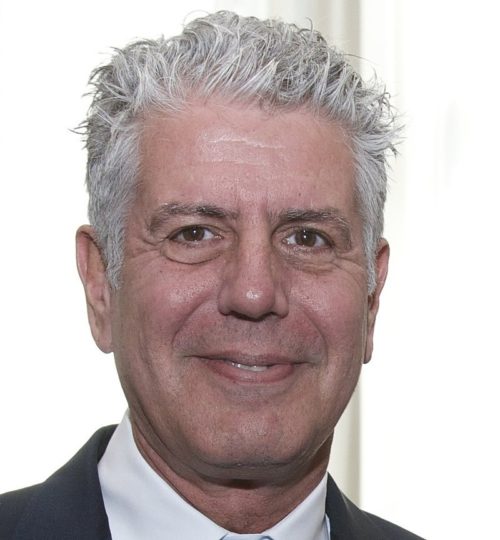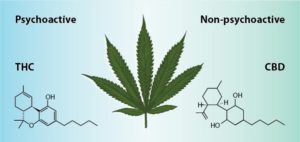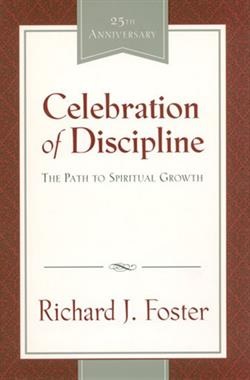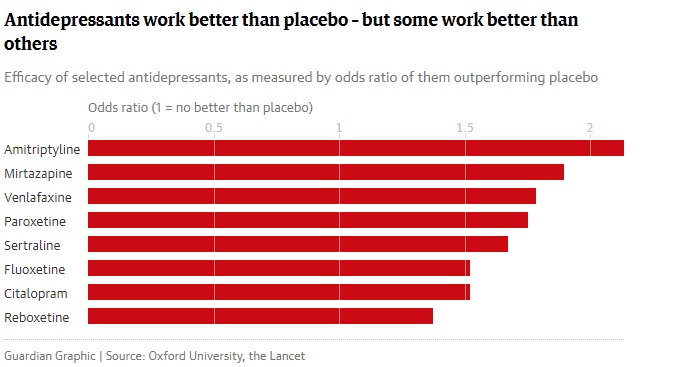Current antidepressants don’t seem to do much good for about 30% of patients with major depressive disorder.
But there are encouraging, new clinical trials from Phase 3, suggesting that an Esketamine Nasal Spray, in combination with an oral antidepressant, might offer these patients some hope.
Janssen Pharmaceuticals announced results from 2 phase 3 clinical studies of the investigational compound esketamine nasal spray in patients with treatment-resistant major depressive disorder (MDD.)
The studies, presented at the 2018 American Psychiatric Association’s Annual Meeting, concluded that flexibly dosed esketamine nasal spray plus a newly initiated oral antidepressant, demonstrated a statistically significant rapid reduction of depressive symptoms compared to placebo nasal spray and a newly initiated oral antidepressant.
The study defined treatment-resistant patients as those who hadn’t responded to 2 or more currently available antidepressants of adequate dose and duration in the current depression episode.
“With about 30% of patients with major depressive depression failing to respond to currently available antidepressants, treatment-resistant depression represents a major public health need,” Husseini Manji, MD, global head, neuroscience therapeutic area, Janssen Research and Development, said in a statement. “The positive phase 3 results for esketamine nasal spray in adults with treatment-resistant depressions are exciting, particular as they mark the first time an antidepressant has achieved superiority versus an active comparator in any clinical trial for major depressive disorder.









